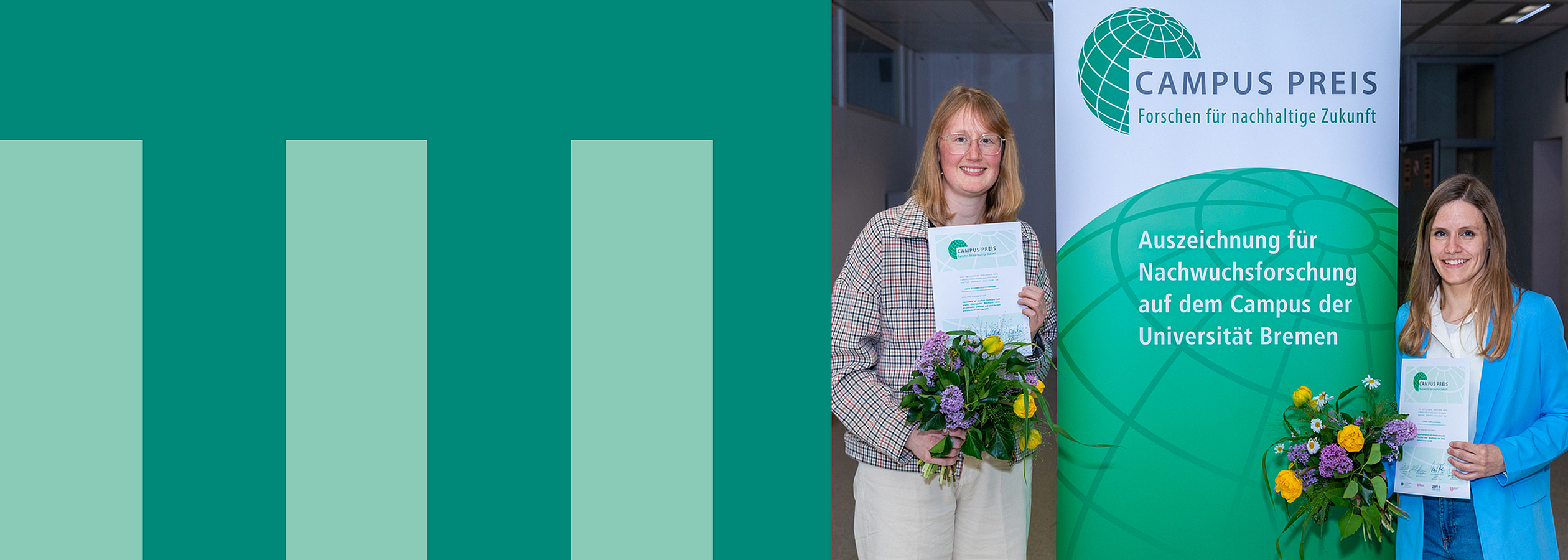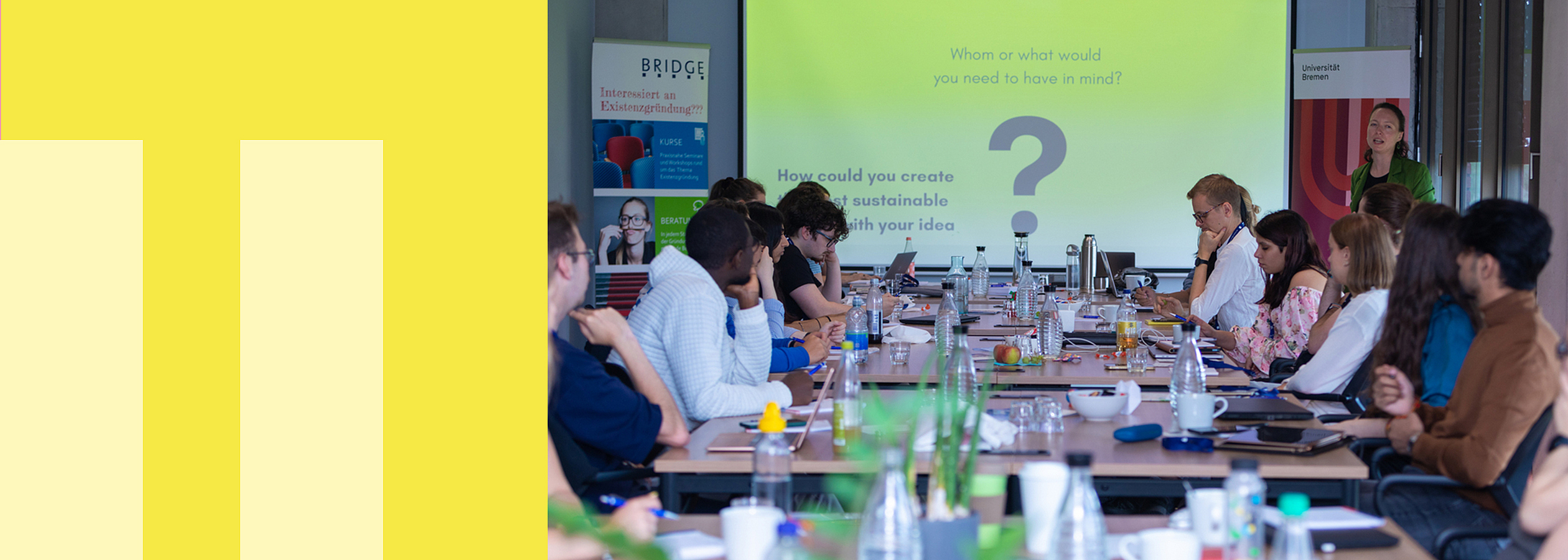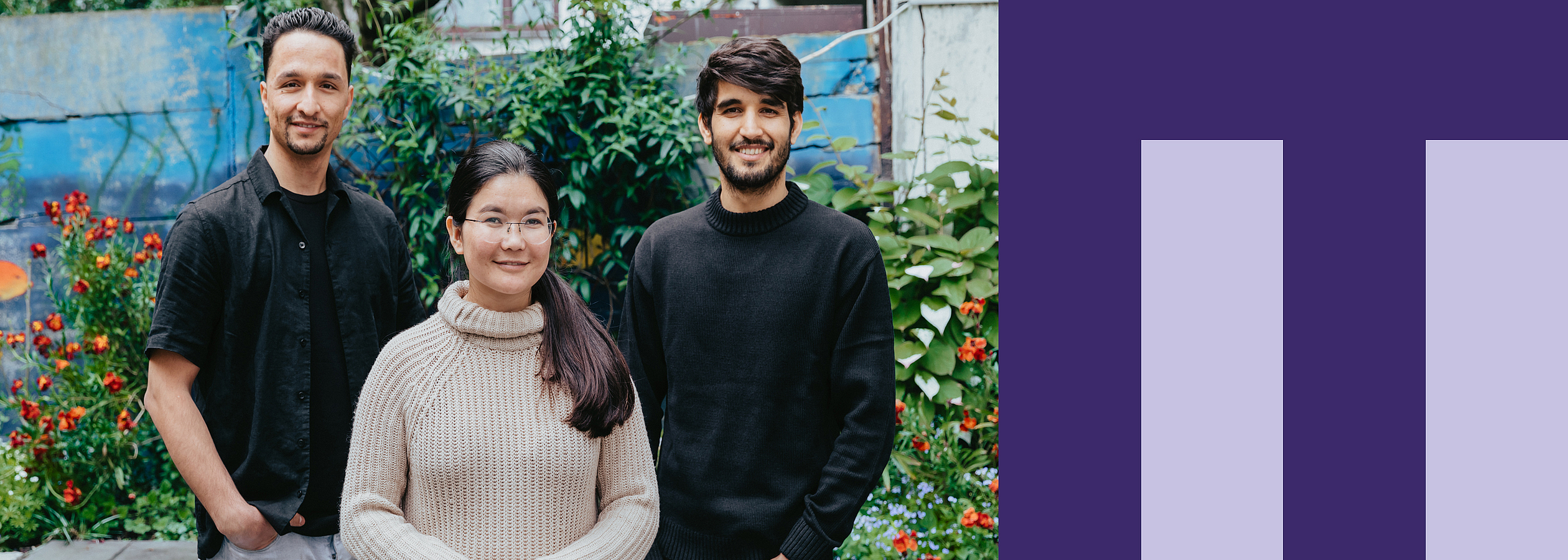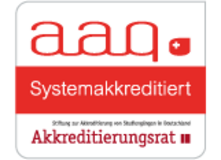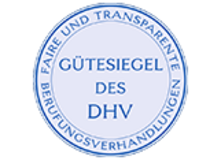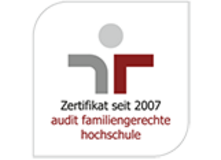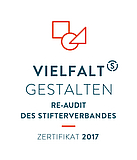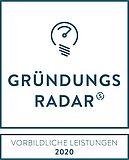Smart home applications are becoming increasingly popular on the market: The statistics platform Statista estimates that the revenue in Germany for this year alone will be around 4 billion euros – and that is despite the corona crisis. It is thought that the revenue will total 6 billion euros in three years. Users of connected devices for the automatization of homes are, however, often not aware of the risks that they are taking in terms of data protection and information security. It is frequently the case that they accept said risks as the security settings of their device are too complicated. The Center for Computing Technologies (TZI) at the University of Bremen is carrying out research into and developing new, simple-to-understand, and easy-to-use data protection solutions together with three partners.
Solutions for the “Privacy Paradox”
The aims of the UsableSec@Home project are the research into and application of psychological learning and decision-making principles to improve the design of smart home systems. Users will be enabled to behave in a safer manner and founded knowledge of technology is not required for this.
The project will contribute to the solution of the “privacy paradox” – that is the name of the apparent contradiction when people desire comprehensive protection of their privacy but at the same time also risk their private data – seemingly carelessly – in order to be able to use digital services. “We view well developed human-computer interaction as a promising solution approach for the dilemma,” explains TZI spokesperson Prof. Dr. Rainer Malaka. This interaction can be found in some cases in apps and on remote control devices – simply put, everywhere where people control a computer.
The project partners are implementing their solutions in user-friendly apps for the management of smart home systems, for example. “The apps work on the principle of new methodical approaches to applying the legal concept of privacy by design,” according to Malaka. “This means that data protection and information security are considered when the app is being developed.”
Explaining Data Protection Statements Clearly
New technologies can help to visualize data flow using a normal smartphone, to explain settings clearly, and to simulate the chosen options prior to realizing them, for example.
The use of augmented reality (AR) is particularly suited to this. As an example, the graphic presentation of invisible data flow in homes on smartphone screens is thinkable. It is in this way that role distribution can be shown: What rights do certain household members have, especially the children, and which consequences may this have?
Security Becomes Selling Point
The UsableSec@Home project is being funded with 1.48 million euros from the Federal Ministry of Education and Research in the frame of the Bringing Technology to People “Technik zum Menschen bringen” project. Alongside the TZI, neusta mobile solutions GmbH (Bremen), Ruhr University Bochum, and Certavo GmbH (Bremen) are involved.
Within the project, computer scientists are working closely with psychologists, software developers, data protection practitioners, and test users. New app interaction forms are created on the basis of psychological findings and user-friendly AR applications. The project shows providers of smart home products how they can transform data security from an annoying obligation into a selling point.
Contact:
Prof. Dr. Rainer Malaka, malaka@tzi.de
Dr. Karsten Sohr, sohr@tzi.de
Center for Computing Technologies (TZI)
University of Bremen

